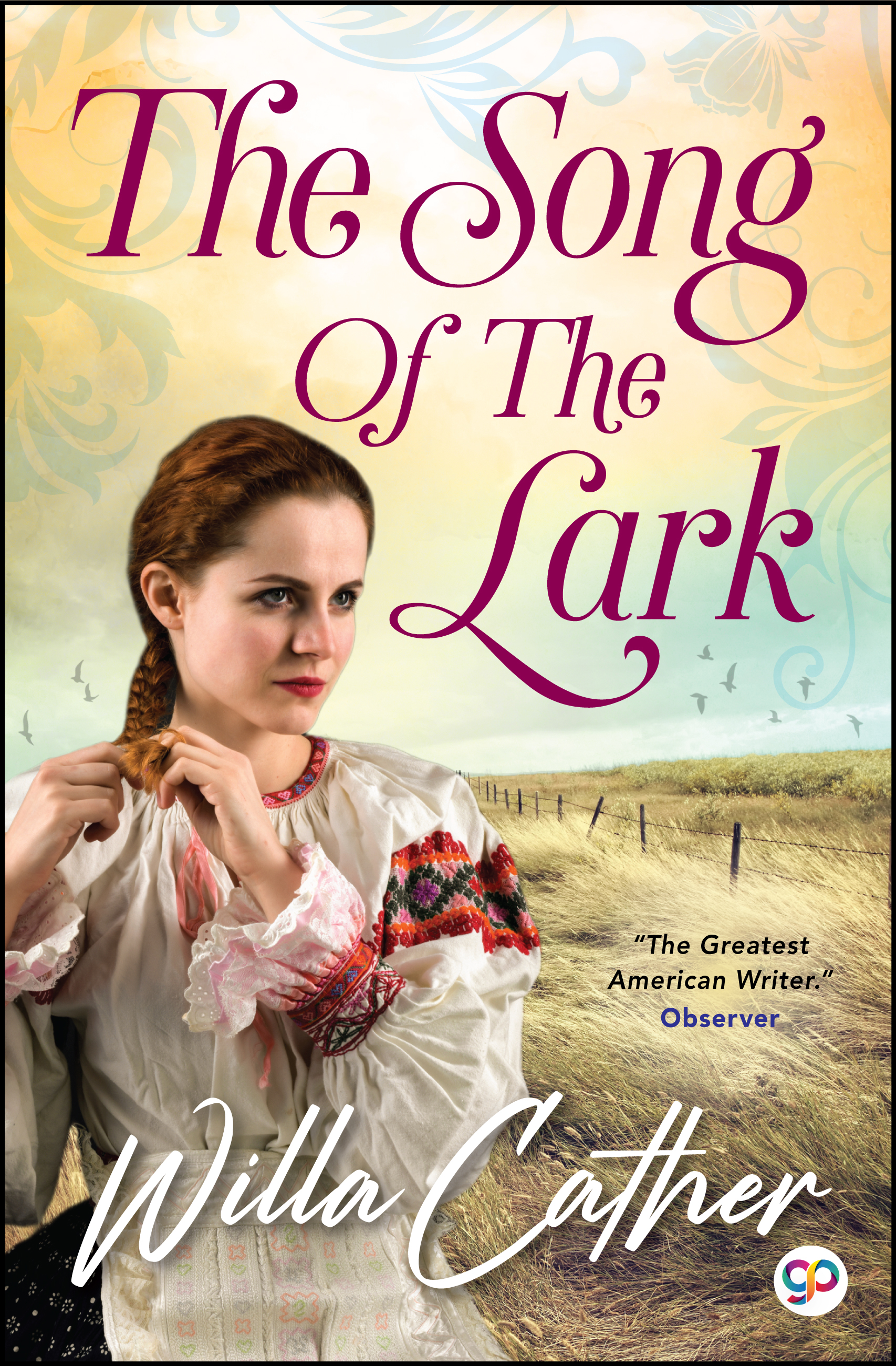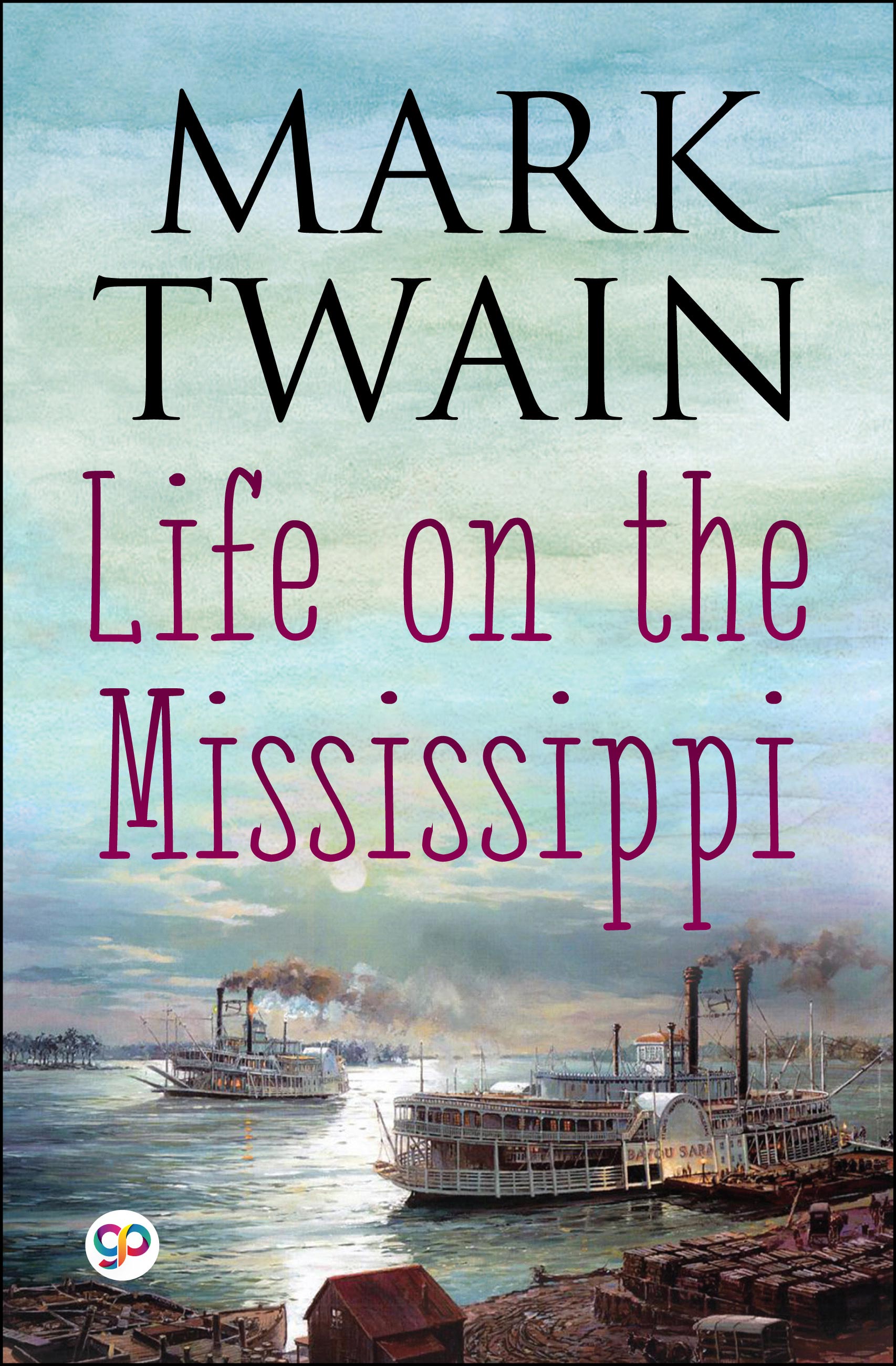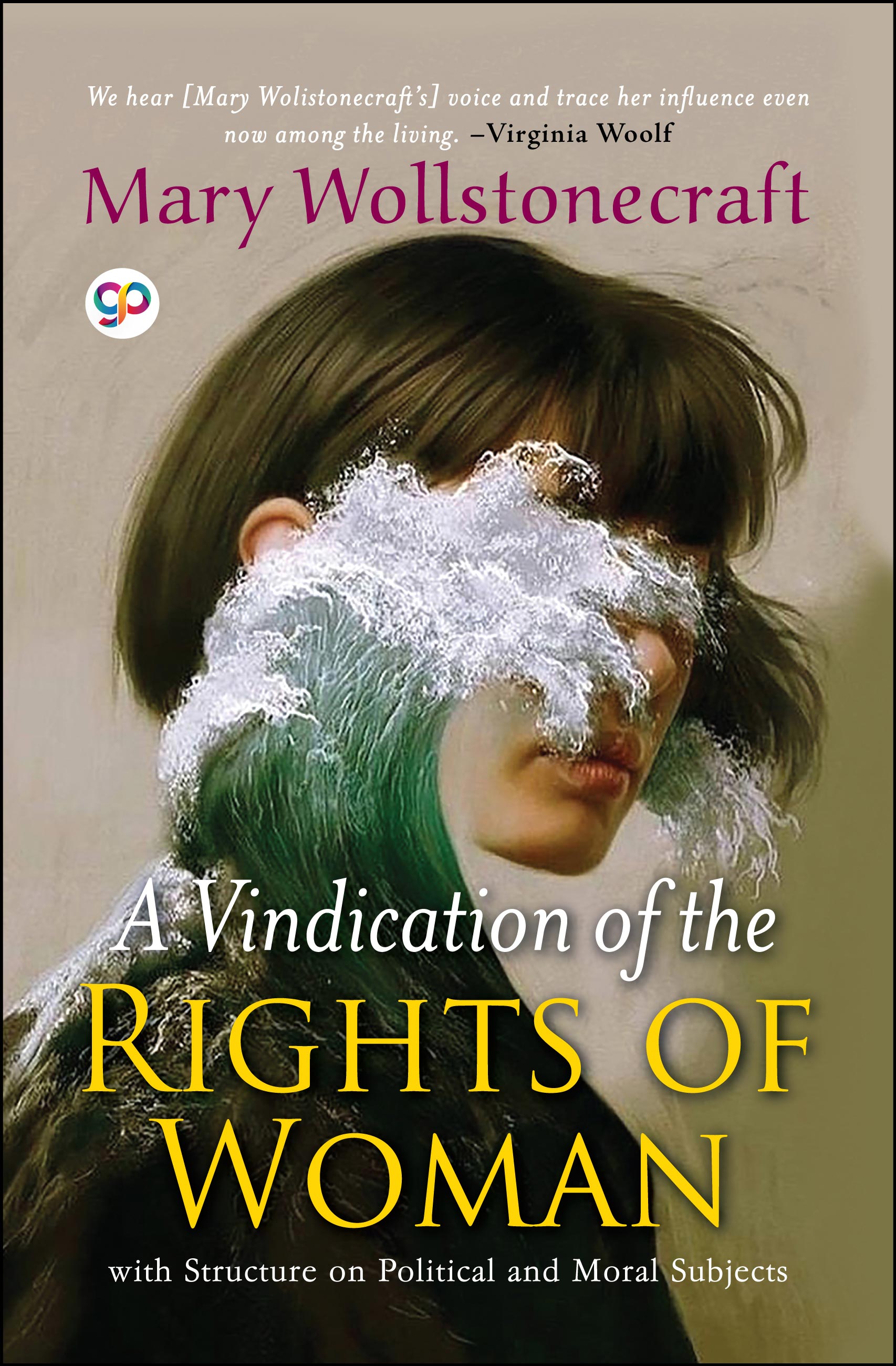
The Song of the Lark (eBook)
First published in 1915, 'The Song of the Lark' is a powerful coming-of-age story that traces the artistic journey of Thea Kronborg, a gifted young woman from a small Colorado town. With a rare talent for music and an unshakable determination, Thea rises from modest beginnings to pursue her dream of becoming a world-renowned opera singer.
As Thea navigates the challenges of training, self-discovery, and personal sacrifice, her journey takes her from the dusty landscapes of the American West to the cultural centers of Chicago and Europe. Along the way, she faces isolation, inner conflict, and the tension between ambition and emotional connection.
Through Thea’s transformation, Willa Cather explores the power of art, the resilience required to follow one’s calling, and the costs of greatness. With lyrical prose and rich character development, 'The Song of the Lark' offers a moving portrait of a woman shaped by both her environment and her relentless pursuit of creative fulfillment. It is a tribute to the enduring spirit of the artist and the beauty found in the struggle for self-expression.
BEST SELLERS
About the Author
Wilella Sibert Cather was born in Back Creek Valley (Gore), Virginia, in December 7, 1873.
She grew up in Virginia and Nebraska. She then attended the University of Nebraska, initially planning to become a physician, but after writing an article for the Nebraska State Journal, she became a regular contributor to this journal. Because of this, she changed her major and graduated with a bachelor's degree in English.
After graduation in 1894, she worked in Pittsburgh as writer for various publications and as a school teacher for approximately 13 years, thereafter moving to New York City for the remainder of her life.
Her novels on frontier life brought her to national recognition. In 1923 she was awarded the Pulitzer Prize for her novel, 'One of Ours' (1922), set during World War I. She travelled widely and often spent summers in New Brunswick, Canada. In later life, she experienced much negative criticism for her conservative politics and became reclusive, burning some of her letters and personal papers, including her last manuscript.
She was elected a Fellow of the American Academy of Arts and Sciences in 1943. In 1944, Cather received the gold medal for fiction from the National Institute of Arts and Letters, an award given once a decade for an author's total accomplishments.
She died of a cerebral haemorrhage at the age of 73 in New York City.












